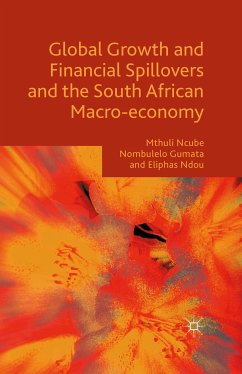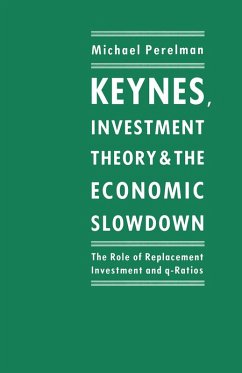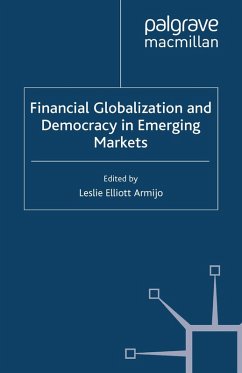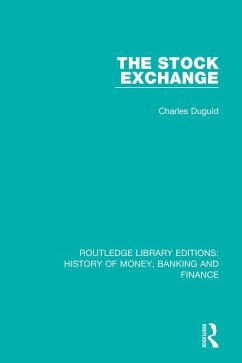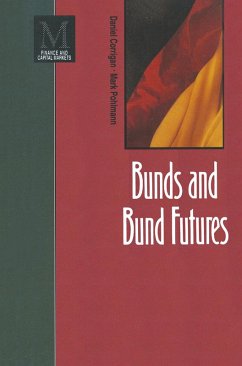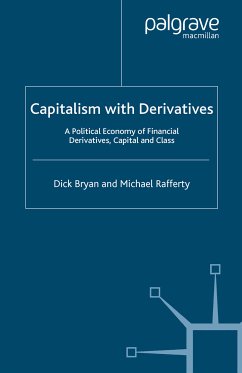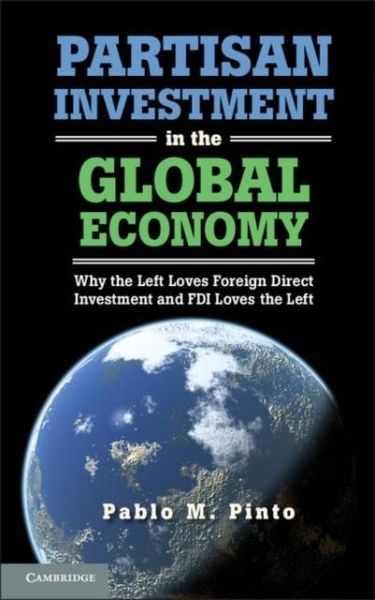
Partisan Investment in the Global Economy (eBook, PDF)
Why the Left Loves Foreign Direct Investment and FDI Loves the Left
Versandkostenfrei!
Sofort per Download lieferbar
22,95 €
inkl. MwSt.
Weitere Ausgaben:

PAYBACK Punkte
11 °P sammeln!
Pinto develops a partisan theory of foreign direct investment (FDI) arguing that left-wing governments choose policies that allow easier entry by foreign investors more than right-wing governments, and that foreign investors prefer to invest in countries governed by the left. To reach this determination, the book derives the conditions under which investment flows should be expected to affect the relative demand for the services supplied by economic actors in host countries. Based on these expected distributive consequences, a political economy model of the regulation of FDI and changes in inv...
Pinto develops a partisan theory of foreign direct investment (FDI) arguing that left-wing governments choose policies that allow easier entry by foreign investors more than right-wing governments, and that foreign investors prefer to invest in countries governed by the left. To reach this determination, the book derives the conditions under which investment flows should be expected to affect the relative demand for the services supplied by economic actors in host countries. Based on these expected distributive consequences, a political economy model of the regulation of FDI and changes in investment performance within countries and over time is developed. The theory is tested using both cross-national statistical analysis and two case studies exploring the development of the foreign investment regimes and their performance over the past century in Argentina and South Korea.
Dieser Download kann aus rechtlichen Gründen nur mit Rechnungsadresse in A, B, BG, CY, CZ, D, DK, EW, E, FIN, F, GR, HR, H, IRL, I, LT, L, LR, M, NL, PL, P, R, S, SLO, SK ausgeliefert werden.




